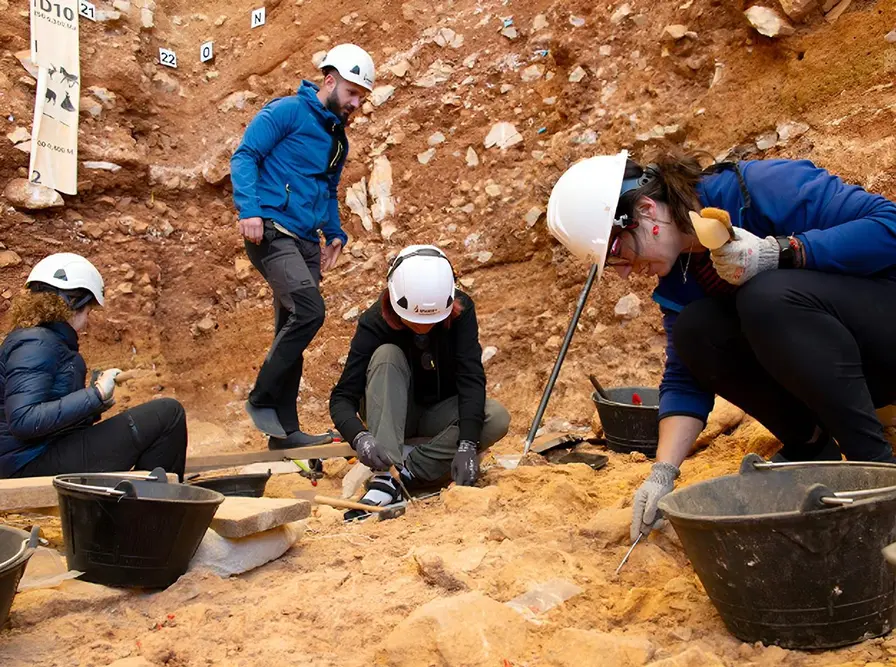T4K3.news
New early whale uncovered
A 25-million-year-old fossil from Australia reveals a new whale species with sharp teeth and bulging eyes.
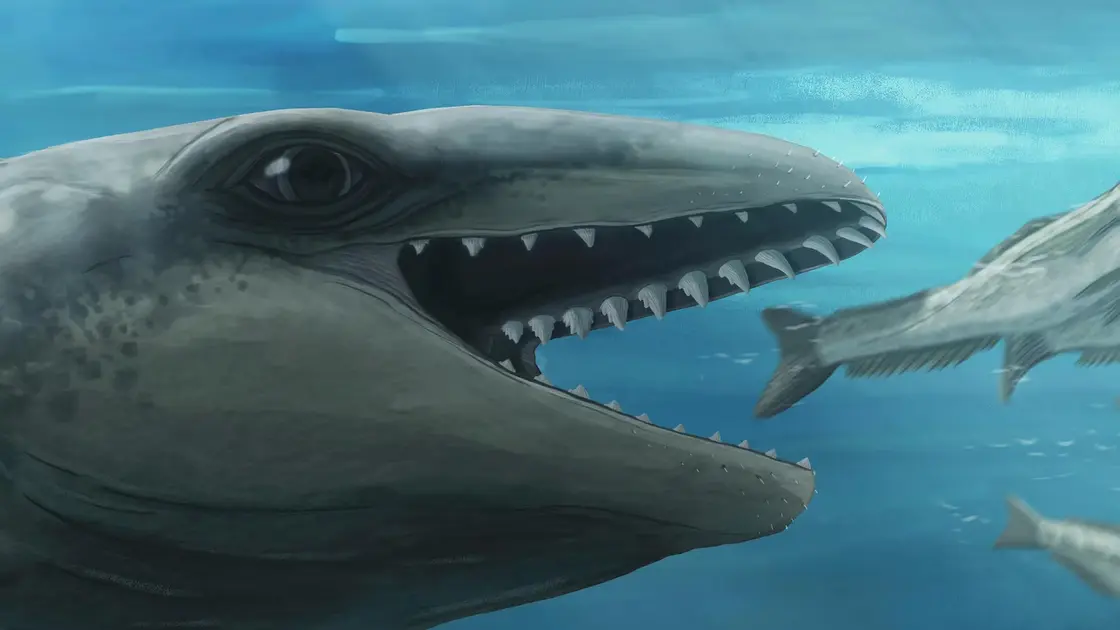
An early whale species is named from a 25-million-year-old fossil found on an Australian beach, offering new clues about whale origins.
This prehistoric whale had razor teeth and bulging eyes
Paleontologists have named Janjucetus dullardi from a partial skull found in 2019 along Jan Juc Beach on Victoria’s coast. The tiny juvenile, about 3 meters long, had bulging eyes and razor teeth with a shark like snout, a stark contrast to modern baleen whales.
Janjucetus dullardi belongs to the mammalodontids, an early whale group that lived during the Oligocene, roughly 34 to 23 million years ago. The discovery sheds light on how ancient cetaceans ate, moved, and adapted as oceans warmed over millions of years, and it underscores how rare and valuable fossils are in tracing the long path from mixed predators to today’s baleen whales. The find also shows the important role of local beaches and amateur collectors in science, while reminding researchers that a single skull can unlock new chapters in the story of whale evolution.
Key Takeaways
"It is deceptively cute"
Fitzgerald describes the creature's appearance
"We have something special here"
Dullard reaction to the discovery
"That has taken my concentration for six years"
Dullard's remark about the time invested
"I have sleepless nights I have dreamt about this whale"
Relief and fascination after the find
The find highlights how Australia remains a key site for understanding early whale history. It also shows the science in action: careful field work, cautious confirmation, and the thrill that comes when a single fragment reshapes a branch of the family tree. As oceans change again today, such fossils offer a window into how marine mammals adapt over long time scales. Still, a single skull can only tell a small part of the story; the full picture depends on more discoveries and careful, patient analysis.
Highlights
- It is deceptively cute
- We have something special here
- That has taken my concentration for six years
- I have sleepless nights I have dreamt about this whale
As more fossils surface, the story of whale origins will continue to unfold
Enjoyed this? Let your friends know!
Related News
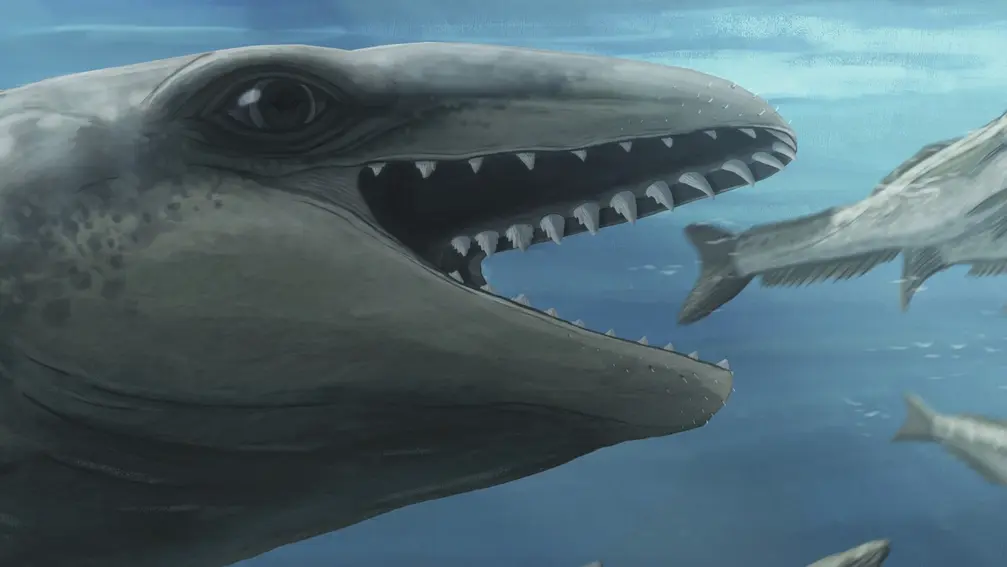
Tiny whale ancestor reshapes whale history
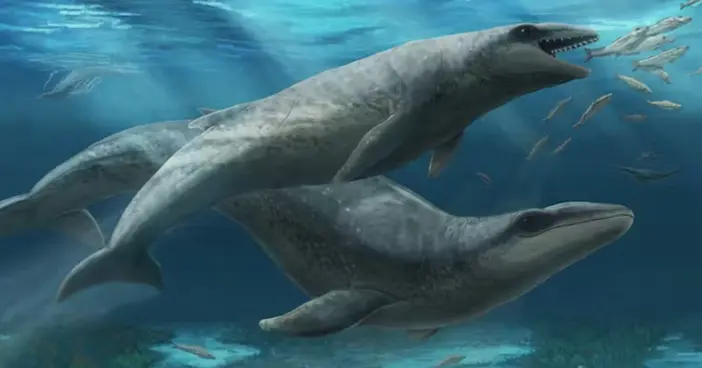
Ancient razor-toothed whale found in Victoria
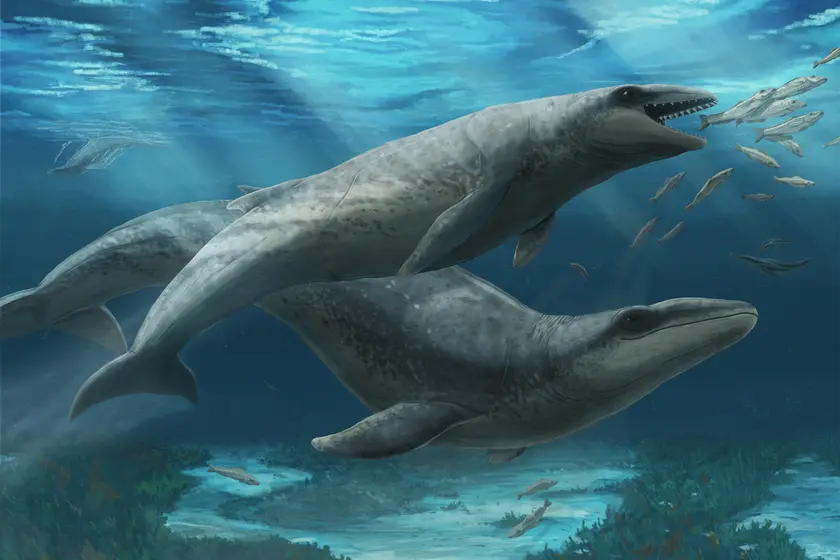
Ancient whale Janjucetus dullardi found off Victoria
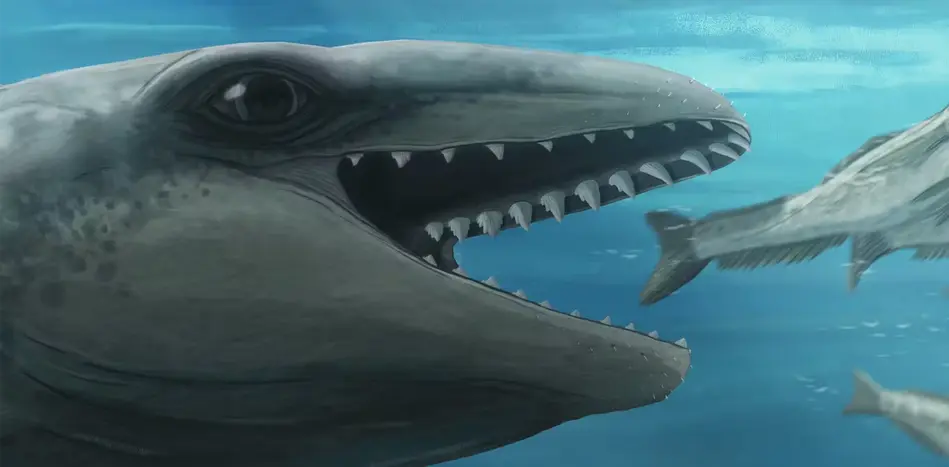
Tiny ancient whale discovery in Victoria
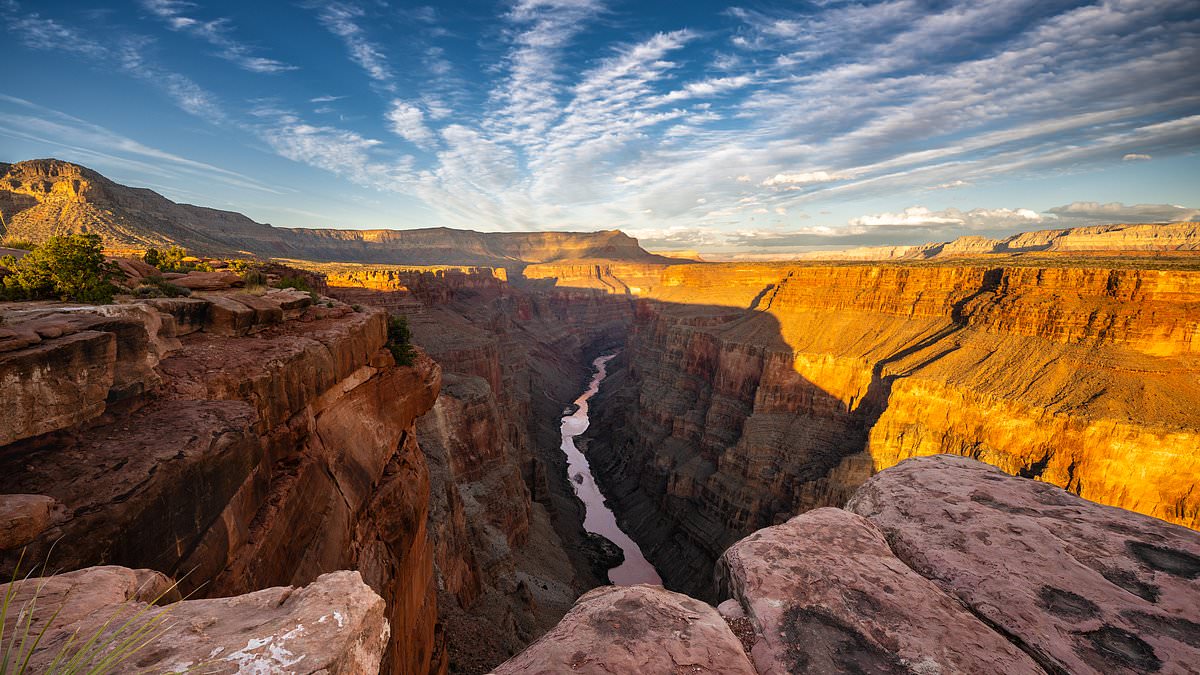
Discovery in Grand Canyon challenges views on life's origins
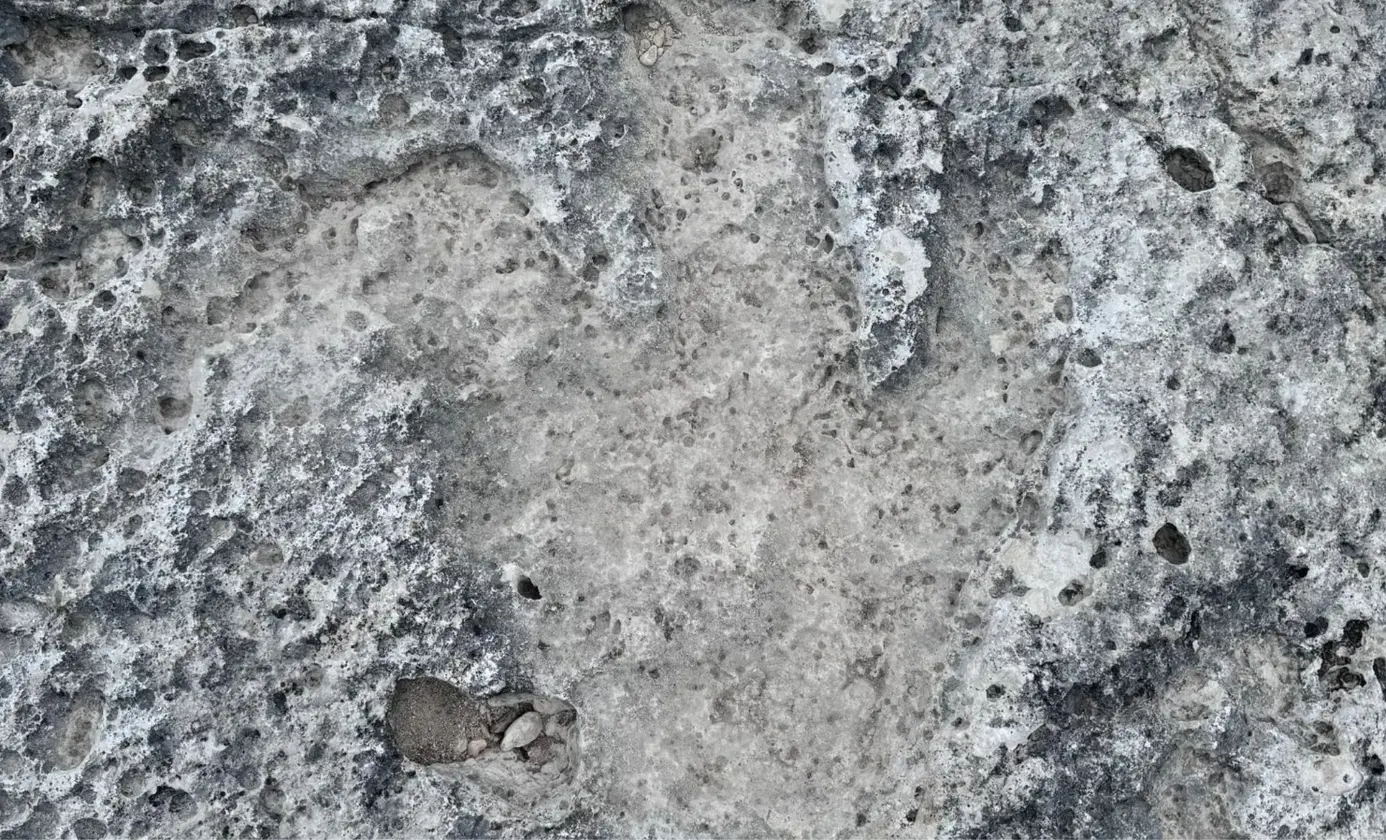
Fossil footprints found after floods in Texas
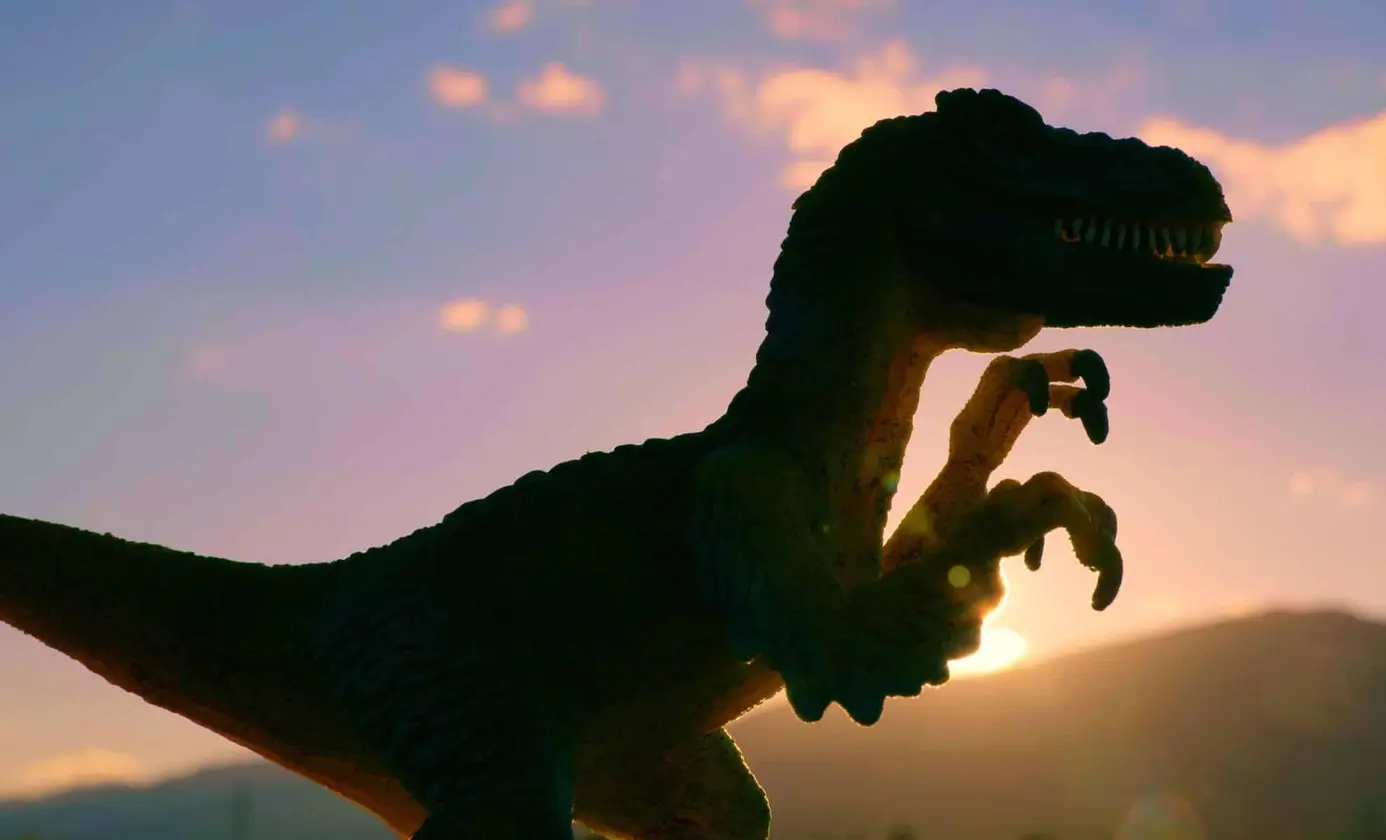
New fossil discovery changes views on early dinosaurs
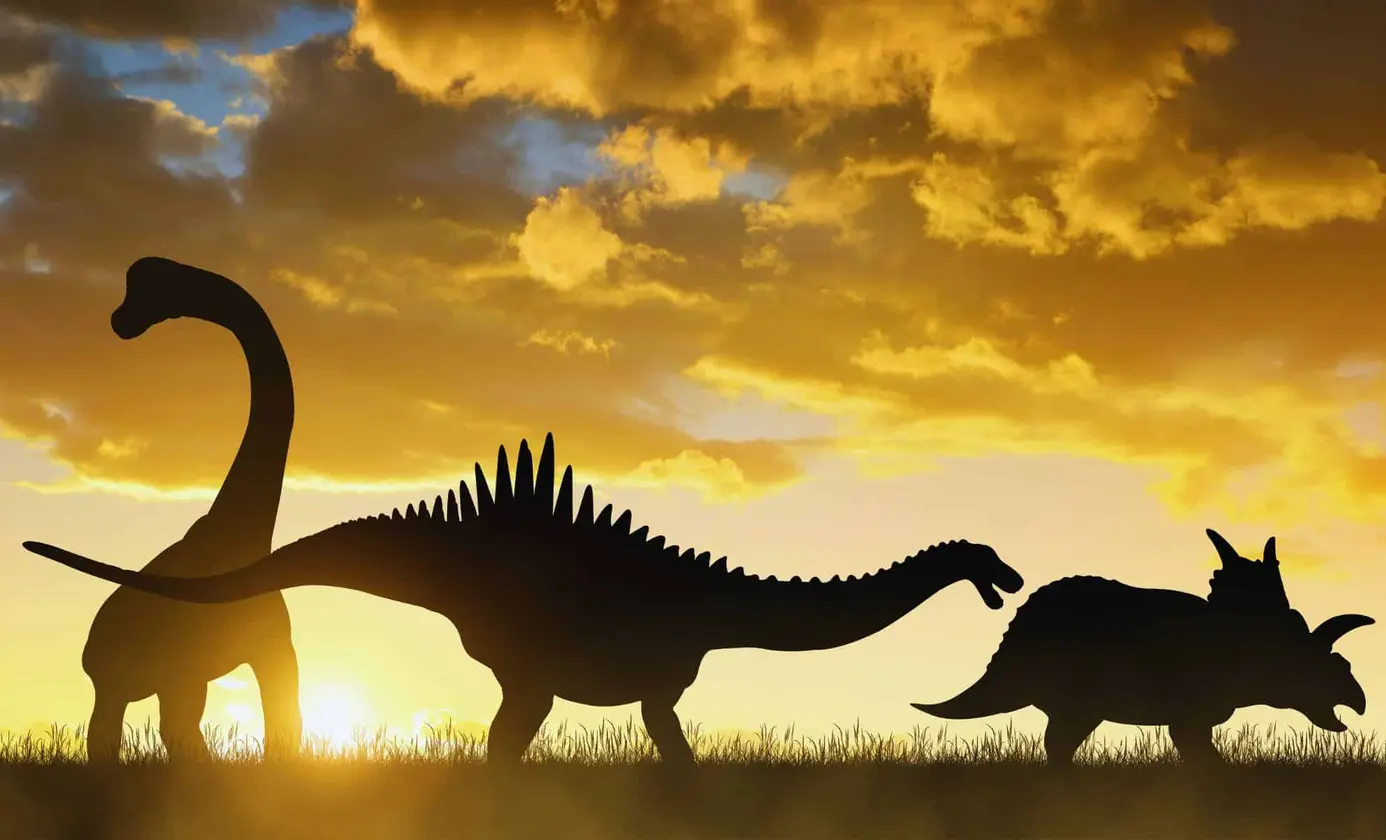
Study Reveals Possible Size of Early Dinosaurs
